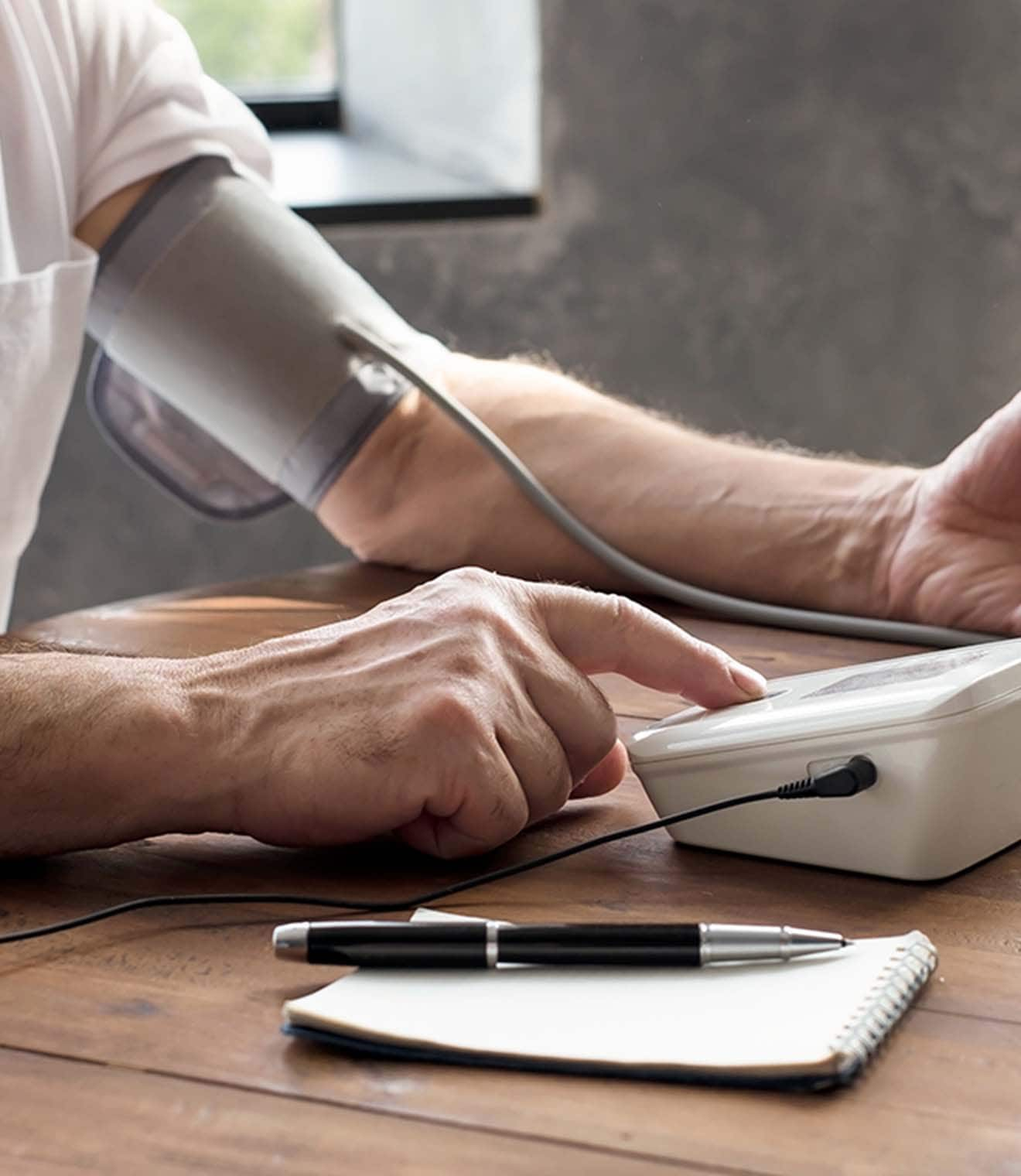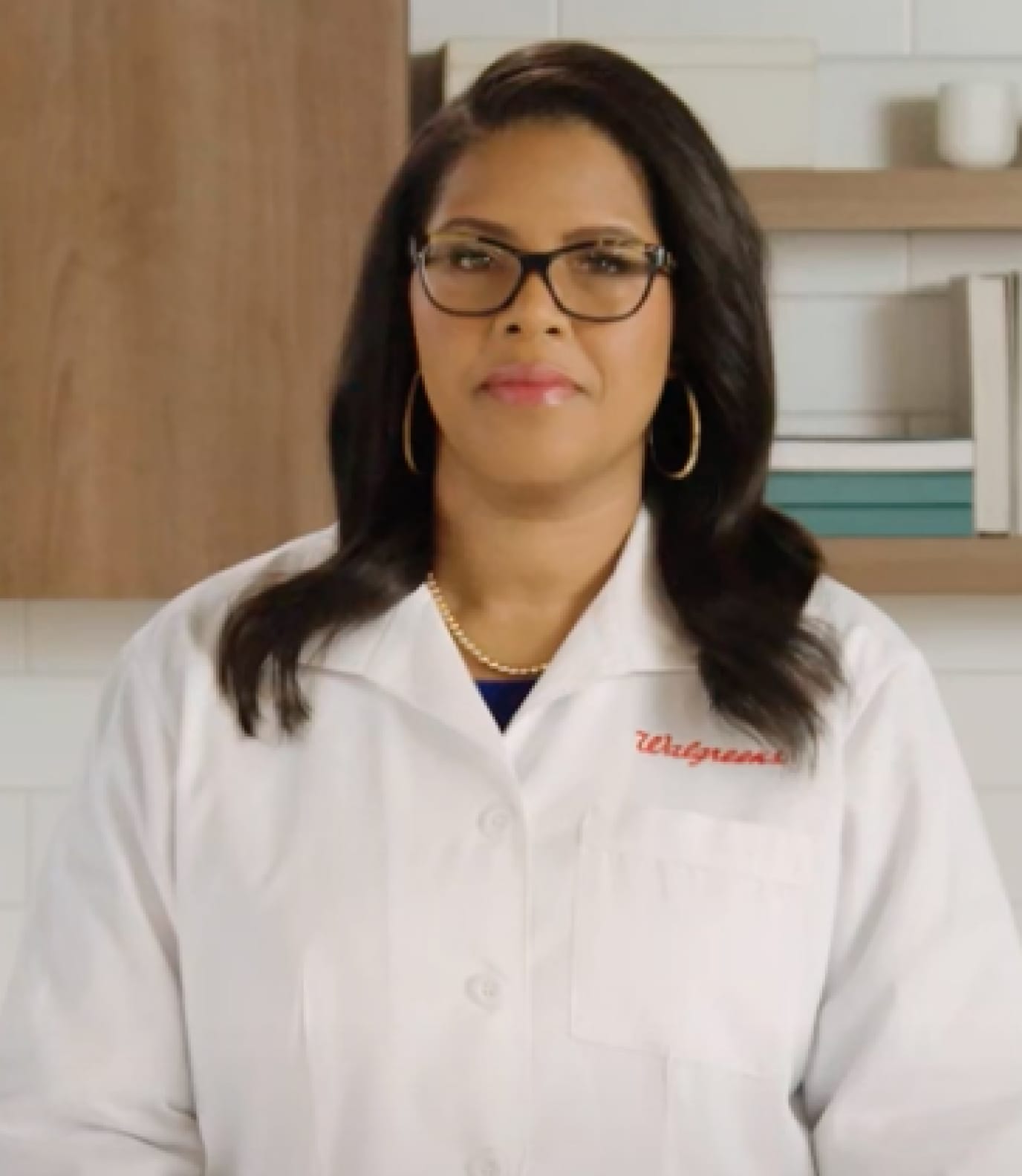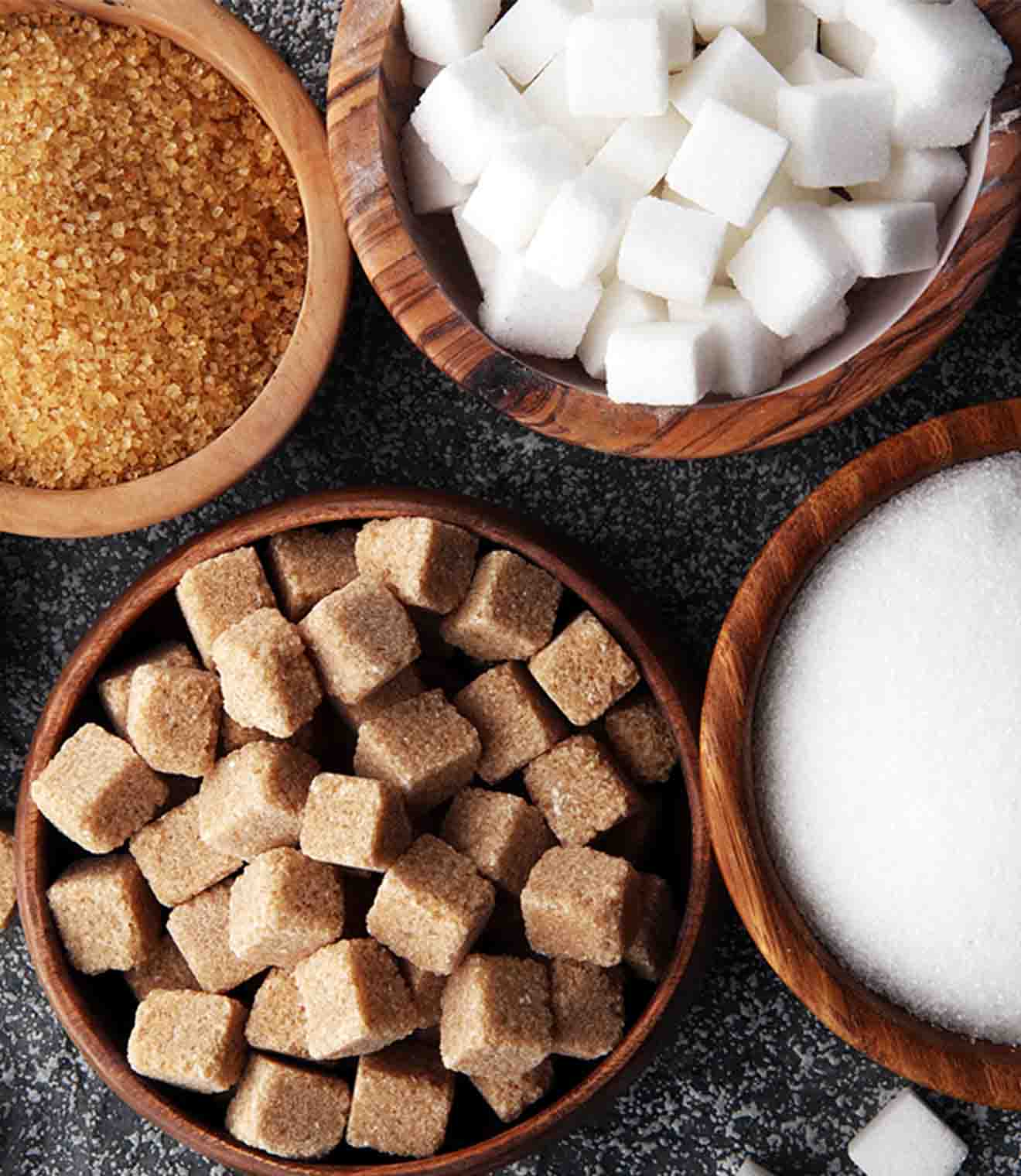Health
To manage your diabetes, staying hydrated is key
By Loren M. Blinde, PhD Aug 10, 2022 • 7 min
You probably already know that staying hydrated is important for your health. Drinking enough water or other hydrating beverages has numerous benefits for your body, from lubricating your joints to preventing constipation. But did you know hydration is especially important for people living with diabetes?
Recognizing dehydration
Water makes up 50% to 70% of your body weight. When you consume less fluid than the body needs to work properly, dehydration can develop. Symptoms of dehydration include:
- Thirst
- Less frequent urination
- Dark-colored urine
- Dry mouth
- Dizziness
- Fatigue
- Dry skin
Severe dehydration can be life-threatening, leading to potentially deadly complications. Warning signs of severe dehydration include:
- Confusion
- Racing heartbeat
- Fainting
- Fast breathing
- No urination
- Shock
Why dehydration is dangerous for people with diabetes
When you’re dehydrated, your body doesn’t have enough fluid to maintain the right ratio of water to glucose in your blood. With less water in your body, your blood becomes more concentrated, which means the amount of sugar in your blood is also more concentrated. In other words, there is more sugar per deciliter of blood. Even mild levels of dehydration can spike your blood sugar level.
How much water should I be drinking?
The general recommendation from the U.S. National Academies of Sciences, Engineering and Medicine is that men should consume about 125 ounces of water a day (15.5 cups or 3.7 liters), and women should consume about 91 ounces (11.5 cups or 2.7 liters) a day. This includes water from both foods and beverages.
The ideal amount of water or hydrating beverages you need each day varies from person to person, based on things like your activity level, the climate in which you live, your overall health and your age. The best idea is to talk with your healthcare provider about how much water or hydrating beverages you should aim to drink each day.
How to avoid dehydration
Drink water when you exercise. When you’re living with diabetes, you know that everything you eat and every activity you do affects your blood sugar levels. When you exercise, your body can release lots of water through sweat and exertion. So drink extra water—more than your baseline daily intake—before, during and after your exercise session.
Keep an eye on the temperatures. When it’s hot outside, dehydration can come on quickly. And if you’re in the pool or not exerting yourself, you might not even feel it at first. Add extra water or other hydrating beverages in hot weather.
Take care when you’re sick. Illnesses that cause fever, vomiting or diarrhea are miserable enough on their own—and they can also throw off your hydration and electrolyte levels. Replace the fluid you’re losing by drinking extra water or other hydrating beverages, and talk to your healthcare provider if you’re not able to keep anything down.
What to do if you feel dehydrated
- Drink water or other hydrating beverages.
- Watch out for sugary beverages. Even sports drinks that are marketed as hydrating can have high sugar levels. Look for low-sugar or no-sugar versiosns.
- If you’re experiencing dehydration symptoms, go to an urgent care center or emergency department.
Quick tips to reach your daily water intake goal
- Add a squeeze of lemon or lime to your water, or infuse it with fruit and herbs. Try watermelon and mint or cucumber and strawberries.
- Keep a refillable bottle in your fridge to grab for ice-cold hydration on the go.
- Go beyond water with other options, like flavored sparkling water or zero-calorie water flavored with fruit essences.
- Tie it to another action you take throughout the day. For example, you could drink a glass of water after every trip to the bathroom or before every meal.
- Make it fun. Enlist a friend as an accountability buddy, track your water intake with an app or invest in a cute and functional water bottle.
For more resources and tips to help you live well with diabetes, check out The ThreadTM, talk with your healthcare provider or ask your local Walgreens pharmacist.
This article is meant for informational purposes only. Always seek the advice of your physician or qualified healthcare professional.
Published August 2022
Sources:
- https://www.cdc.gov/healthyweight/healthy_eating/water-and-healthier-drinks.html
- https://medlineplus.gov/dehydration.html
- https://www.cdc.gov/diabetes/library/spotlights/blood-sugar.html
- https://www.diabetes.org/healthy-living/fitness/sports-drinks-impact-on-glucose-blood-sugar
- https://www.mayoclinic.org/healthy-lifestyle/nutrition-and-healthy-eating/in-depth/water/art-20044256


